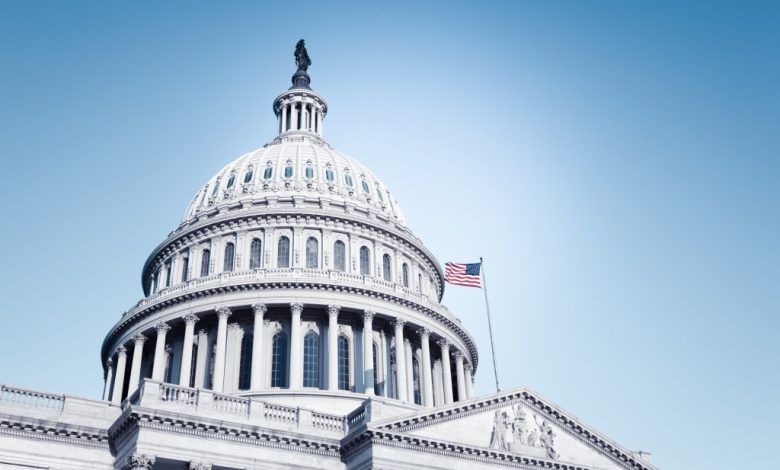Senators Compromise on AI Moratorium and Publicity Rights

In a significant development, Senators have reached a compromise regarding the controversial AI moratorium and its implications for publicity laws.
Senators Reach Compromise on AI Moratorium and Publicity Laws
One of the most divisive provisions of the One Big Beautiful Bill Act among Republicans has been a 10-year moratorium on state AI laws and regulation.
Compromise Between Senators
On Sunday, Sen. Ted Cruz (R-TX), a champion of the moratorium, reached a compromise with Sen. Marsha Blackburn (R-TN), who has objected to the provision. She highlighted concerns that her state’s ELVIS Act, passed last year to combat AI deepfakes and unauthorized uses of artists’ voice and likeness, would be sidelined.
Exemptions and New Language
New language in the provision now exempts laws and state regulations related to “unfair or deceptive acts or practices, child online safety, child sexual abuse material, rights of publicity, and the protection of a person’s name, image, voice, or likeness.” Additionally, it allows for “any necessary documentation for enforcement, or a body of common law, that may address, without undue or disproportionate burden, artificial intelligence models, artificial intelligence systems, or automated decision systems to reasonably effectuate the broader underlying purposes of the law or regulation.” States that proceed with their laws outside these categories risk losing access to a $500 billion federal fund for broadband, but the restrictions have been reduced from ten years to five years.
Support for the ELVIS Act
The ELVIS Act was backed by a coalition of content creators and talent unions, who are now advocating for the passage of a federal law, the No Fakes Act, which would grant individuals rights to their likeness and image. However, the future of this legislation in Congress remains uncertain. Despite support from unions, studios, and major tech companies like OpenAI and Google, tech legislation often stalls due to lobbying efforts.
Industry Reactions
Mitch Glazier, chairman and CEO of the Recording Industry Association of America, stated, “We are grateful to Senator Blackburn for her resolute support of the music community and appreciate Senator Cruz amending elements of his proposed moratorium on state-level AI regulation to safeguard both creators and innovators. These meaningful changes to the moratorium will enable states to continue to protect voice and likeness in a tech-driven era as Tennessee’s ELVIS Act does for artists and lays the groundwork for prompt federal action on the bipartisan, bicameral No Fakes Act.”
See More ...
Potential Amendments
Still, Democrats are expected to propose an amendment to remove the AI provision as the Senate prepares for a vote-a-rama on Monday, leading up to a final vote on the One Big Beautiful Bill Act.
Concerns from Legal Experts
The Institute for Law & AI notes that the revised moratorium restricts laws that impose an “undue or disproportionate burden” on AI models. In an analysis, the organization stated, “laws like the ELVIS Act likely have a disproportionate burden on AI systems. They almost exclusively target AI systems and outputs, and the effect of the law will almost entirely be borne by AI companies.”
Next Steps for the Bill
If the One Big Beautiful Bill Act passes the Senate, it will then go to the House, where Republicans have few votes to spare. Rep. Marjorie Taylor Greene (R-GA) has indicated she will oppose the AI moratorium if it remains in the final version of the bill, stating, “Federalism, which our country was founded on, must be preserved at all times! Take it out of the BBB!!!”




